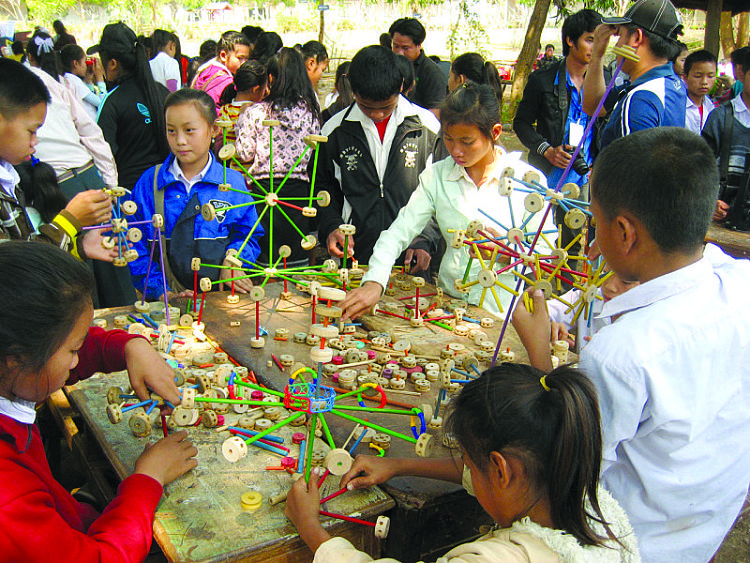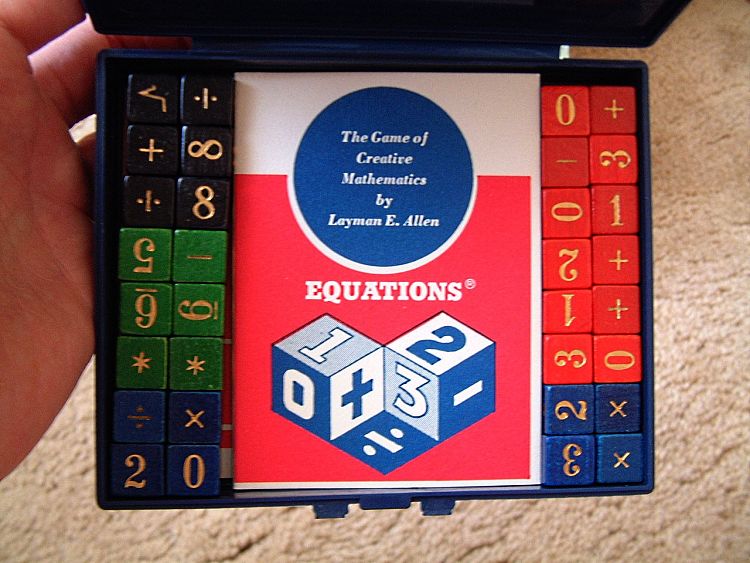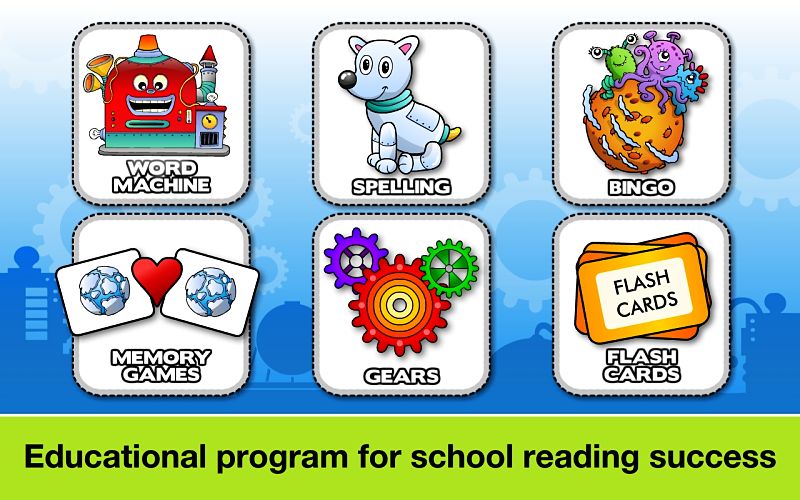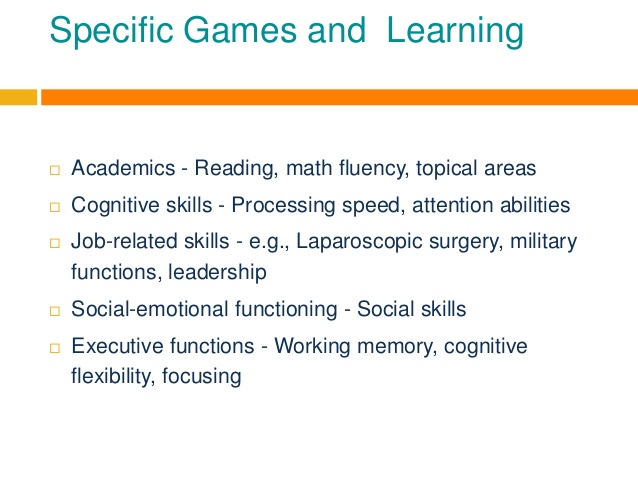Cool Educational Games - How to Choose Children's Educational Games
Recent research has shown that when preschoolers are playing they can be acting like scientists - essentially forming hypotheses, conducting experiments, working out probabilities, deciphering options and how things work. In very simple ways of course.
However, this only occurs if the child to stimulated to explore and enquire. If a child is shown how to do things they simply imitate what they are told or are shown.
This is the key to choosing educational toys that stimulate the child's curiosity. Board games, puzzles, card games and the best video games enhance mental development. The best games stimulate a child’s imagination, curiosity and quest to discover how things work and various outcomes and solutions as they play.
The nest educational toys promote, develop and support various skills Cognitive, Physical, Emotional and Social.
They also promote improvisation, adaptation and curiosity. Despite many claims to the contrary, educational games can help children interact and socialise with other children in shared games. Children learn from each other and teach each other.
Educational toys should be fun, interesting, engaging and have a depth and complexity that challenges children to make enquiries and test things. This article is designed to help you choose the best educational toys for your child.
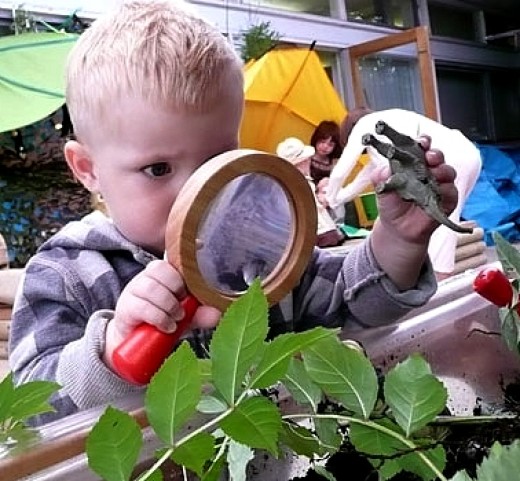
How to Choose the Best Educational Games for Your Child
Let the Children Play
Children's traditional play is under a lot of pressure currently, as parents and authorities try to make preschools more like schools. But pretending and traditional play has been shown in various studies to be very important for kids.
Play is about discovering things for yourself - how things work. School lessons are different and mostly they involve someone else telling you how things work and reinforcing the lessons with exercises. When preschoolers are shown what to do they simply imitate the action and don't explore the other possibilities. As a result they don't learn as much.
Research studies have shown that children who are better at pretending type of play are better at thinking about different possibilities and trying various options. This concept of 'thinking about possibilities' in play has been shown to be an important part of how children learn.
Children at play can resemble miniature scientists exploring options and testing various theories.
Children imagine the ways the world could work. They then deduce what would happen following their theories and deductions. They try various things and compare what actually happens, with what they predict would happen.
Even very young toddlers have been shown to be a lot smarter than we think if they are asked the right questions and given problems to solve, rather than simply showing them the answers. Play '4 in a row' with a toddler can be a challenging experience. There are various websites that aim to give adults a competitive edge.
In one experimental test study, a 4-year old child was shown five different sequences of actions some of which switched a toy on to make a sound or turn it off. When the child was given the toy, they followed the sequence of actions required to activate the toy.
They simply imitated and remembered what they had been shown. In another test children were shown the toy and it was switched on to make a sound but without showing the children how it was done.
The children played with the toy and worked out how to turn the sound on, by trying various things and working through the possibilities. In this case the child learnt a lot more about the object by testing the possibilities than if they were simply shown how to turn it on.
The take home message is simple - If you want to develop enquiring minds and scientists you should let preschoolers play, explore, experiment and do pretend play exercises - not merely show them how it is done.
What Games are Suitable at your Child's Age and Stage of Development?
The age of the child is critical as you want the game to be challenging but not too complex so that the child cannot play it or it is far too difficult. If you can choose a game that the child will love playing for 2-3 years. It is also important to consider what skill you want to develop in your child? Some games help develop hand and eye coordination. Other help develop familiarity with numbers and letters. Board or tactical games help develop tactical thought and decision making. Other games help children learn about and discover the physics of the world in which they live and about biology and the natural world. It is up to the parent to decide what skills they want the child to develop.
Two important skills that need to be learnt is the introductory skills for reading and writing. Word puzzles are ideal for teaching letter recognition and the elements of word formation. Other types of puzzles that help with number and letter recognition are matching games. There are a huge variety of these starting with simple games that requires the child to fit letters and shapes into spaces on boards. The more advanced ones require matching colors, shapes and words with pictures.
Which Subjects is the Child Interested In?
It is important to build on the enthusiasm and interest shown by the child in a particular topics. This is common sense and there are obvious benefits of getting more advanced versions of areas that the child is interested in. This does not mean making the toys too narrow or restricted. Number and letter games can be orientated towards particular topics such as animals or colors.
Choosing Fun Games
Children love to learn, particularly when parents and carers make sure that learning is fun. Kids that are having fun and being entertained can learn skill without realising it.
It is important that children associate learning with fun as this can be sustained all through their lives. Choose educational games that are challenging and teach the child important skill but are also good fun and interesting for each individual child.
Choose Games that Engage Your Child's Curiosity and Present Challenges
Educational games are ideal for children who love to discover things, are curious and have inquisitive minds. This applies to most children at any age.
Choose Games, Including Family Games, that Help Children Develop Social Skills
Board games are loved by children of all ages. The traditional games such as 'Snakes and Ladders' helps children to learn numbers and pathways progressing through the game. It also teaches many social skills such as winning and losing, taking turns, showing empathy to other players and being supportive. It can also teach children how to lose graciously and still have fun.
Safety Issues When Choosing Educational Games
Make sure that all the games that your child engages in are safe and that there are no hazards associated with them.
Tips for Choosing the Best Educational Toys
- Can this toy educate children about social values and interacting with other children?
- Will the toy or game grow with the child with greater challenges as the child gets older and more skilled?
- Can the toy develop and challenge the child's skills, and physical and mental dexterity?
- Does the toy help with emotional development?
- Does the toy help develop social development or interaction?
- Is the toy active rather than passive?
- Does the game stimulate a child's inquisitiveness, imagination and natural curiosity?
- Is the toy well made and robust, and will it take all the bashes and thumps of normal play?
- Does it have a scientific or environmental aspect to it?
- Does it encourage physical development such as dexterity, hand eye co-ordination, hand skills and balance.
- Is the toy or game visually attractive.
- Is the toy or game fun and engaging so that children do not find it boring.
- Does the toy build on some activity that the child has previously shown an interest for.
Tips for Choosing Toys to Meet Developmental Goals
- Play Dough or clay activities
- Creative art and expression: collage activities, crayons, glue, finger paint and paint
- Books and more books!
- Toys that represent real things, like people, teasets, cars, trains, doll's house, animals
- Household toys, pretend items (or real) baking, cleaning, shopping, carpentry and workshop tools.
- Outdoors - skateboards, scooters, organized sports, ball skills, ropes, climbing frames, bikes, water play and sand pits
- Imaginative or role play - dress ups, occupation role plays - fireman, doctor, vet, etc.
- Music - dance, concerts, a wide range of music genres, musical instruments, nursery rhymes and songs
- Construction Toys and blocks - Lego and for older children, more complex engineering toys
- Manipulative Toys - posting toys, puzzles and activity centres
- Geography and the Earth - the atmosphere, water, global warming, tides, weather, volcanoes, rock samples and crystals
- Nature - natural processes, where food comes from, learning about how things grow and work, the outdoors, animals, plants and insects
- Science - experiments of various types - lots of kits are available
Children are inquisitive and given the right tools and the opportunity to play they can learn a lot by themselves.
